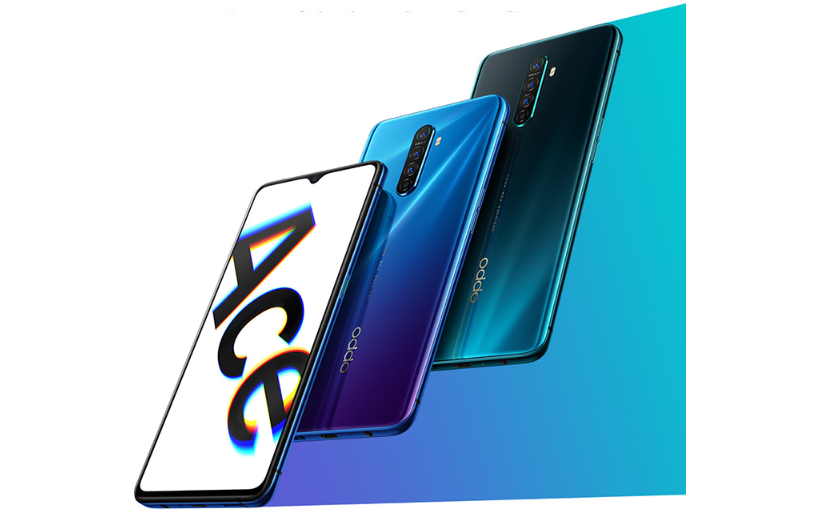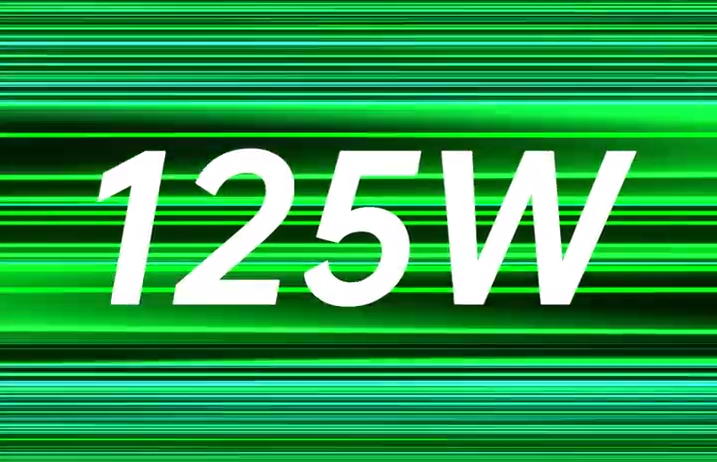You've probably heard of various extremely powerful, lightning-fast charging technologies on our website lately. This time, however, we will focus a little more on the Chinese giant Oppowho is preparing something for us. We are talking about extremely fast charging Super Flash Charge.
Oppo knows how to charge fast on it
V septlast year's embryo saw the introduction of 64 W SuperVOOC 2.0 charging. First, the integration of this technology was possible together with the Snapdragon 855+ processor in the Oppo Reno Ace smartphone.
On an event that is about to happen July 15 the manufacturer shall present the technology 125 W Super Flash Charge. By comparison, the 65 W SuperVOOC 2.0 is able to charge the 4 mAh battery in the phone in just 000 minutes. The video below is actually a trailer for the 30 W Super Flash Charge.
Recently, however, leakster Ishan Agarwal announced that Realme is very likely is preparing 120 W Ultra Dart charging, which a battery with the same capacity can charge in a truly respectable 10 minutes.
We can deduce this information from the report, which says that a third of the 4 mAh battery was charged using this technology from Realme in just 000 minutes. We mention this mainly so that it is at least roughly known what charging speed the prepared Super Flash Charge will bring.
125 W Super Flash Charge
We will then see its use in practice sometime later in the second half of the current year, or to its conclusion. At the same time, we are curious which smartphone will be the first to integrate this novelty. We are also looking forward to the resulting, record battery charging times.
However, many will wonder if such a powerful charger is needed at all. Even so, you may charge your smartphone during the night. Well, it's very debatable and it all depends on the individual users whether they will benefit as much as possible from 125 W technology.

So it will be enough to charge your phone sometime in the morning, just before you go to work or school. However, you will probably experience more significant heating of the device during this process, which may subsequently lead to a worse battery life after a few years.
At this time, we are unable to judge how these issues, along with many other potential issues, will be addressed. We leave it to the companies themselves, how they can handle it.
Maybe we will see something groundbreaking. Technology must lead forward, and therefore we will also see advanced forms of charging, which is never harmful.









